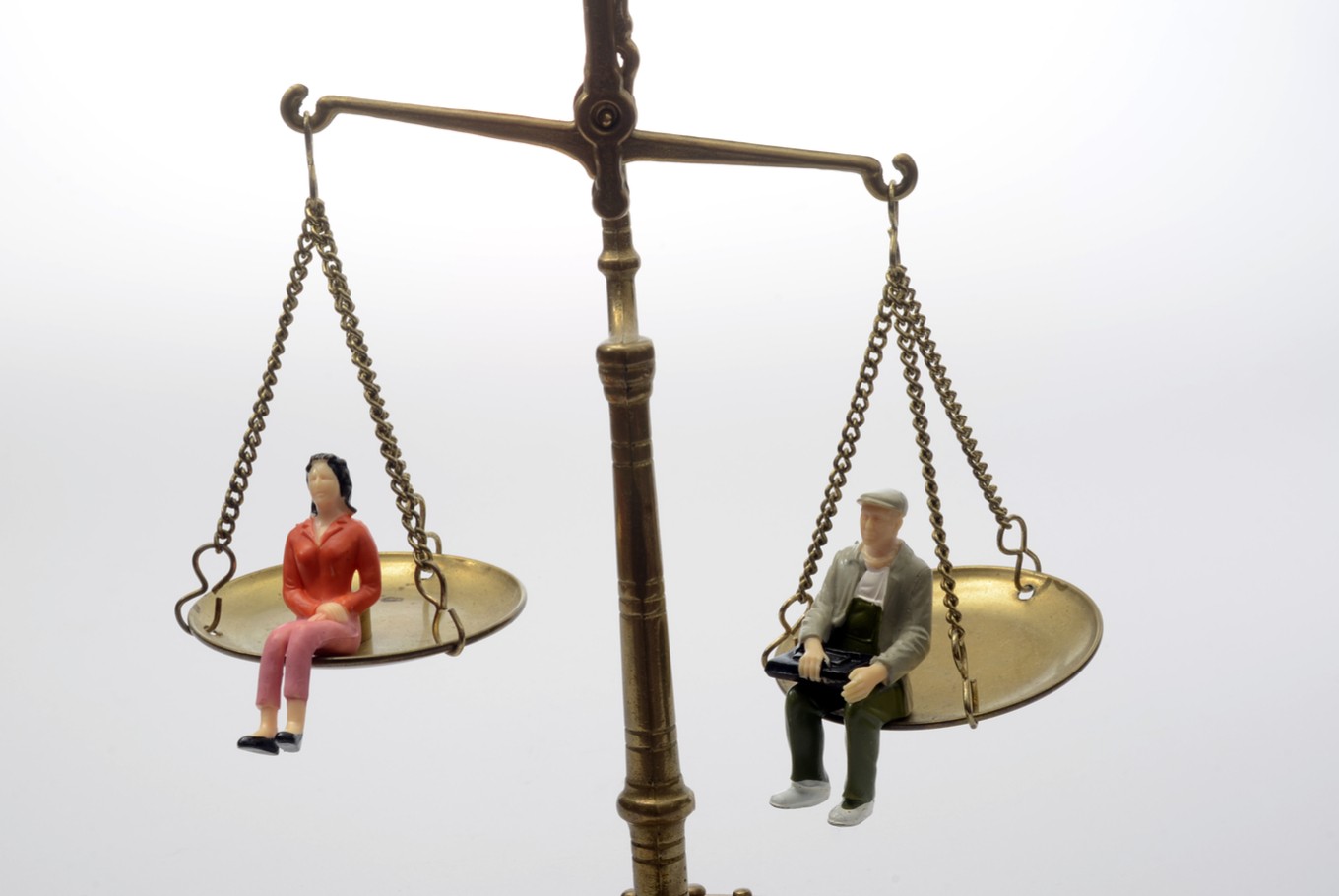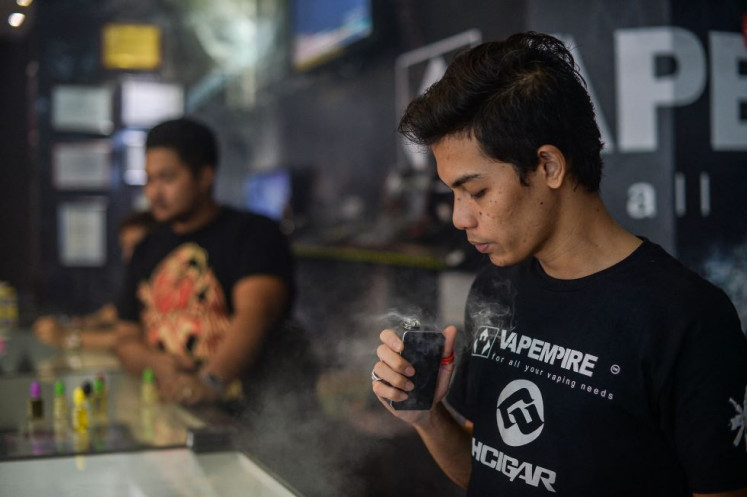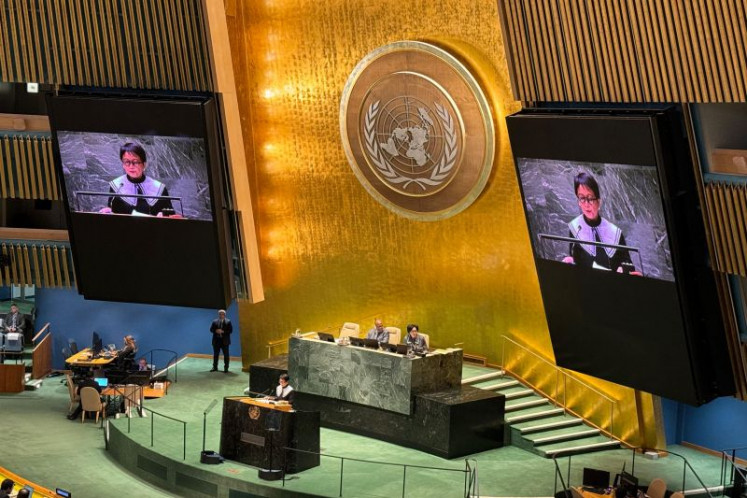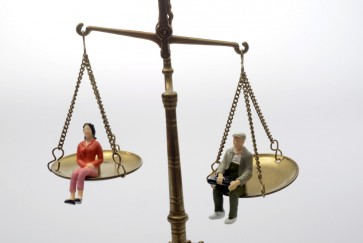Gender equality: A call for presidential candidates
Both government and private agencies have committed significant funds for scholarships in this area, only to have 70 percent of women awardees return to domestic duties.
Change Size
 Gender equality illustration (Shutterstock/File)
Gender equality illustration (Shutterstock/File)
A
s the Feb. 14, 2024 elections draw nearer, all presumptive presidential candidates stand a rare opportunity to show leadership in promoting gender equality.
Considering that half of the 206 million registered eligible voters are women, and that Indonesian women are increasingly taking greater responsibility for creating an equal and fair future, it is time for candidates to disclose how they will build on the slow but steady progress of gender equality in the country over the last eight years.
Indonesia sits in 85th place out of 149 countries in the global gender gap rankings, with 21 percent of seats in all representative bodies across the archipelago going to women. In the United Kingdom this is 22 percent and in the United States just 18 percent. Close neighbor Australia ranks 43rd with 30 percent of parliamentarians being women.
Finland ranks the highest on overall gender equality and Afghanistan is the lowest.
Gender equality is not only a fundamental human right, but also necessary for a peaceful, prosperous, progressive and sustainable Indonesia. In my soon-to-be-published research (with Rob Goodfellow of Western Sydney University), I contend that gender equality legislation in Indonesia has been hampered by the social and economic effects of the COVID-19 pandemic.
Despite the government’s financial support, especially for poorer families, the negative impacts of the pandemic on Indonesian civil society have been more prominent among women and children, as well as the rural and urban poor. Increasing levels of absolute poverty and extreme income disparity have occurred alongside the overburdening of an under-resourced primary healthcare system.
In particular, women’s health services, which are already poorly funded, continue to face major disruptions. This is the first area I would like to see leadership on.

















